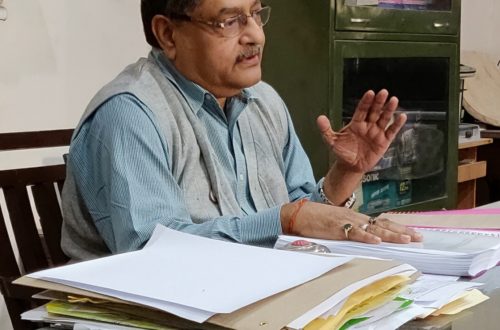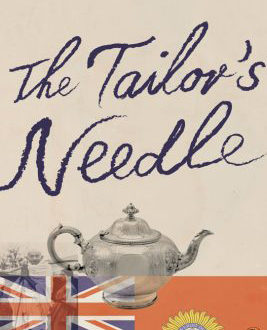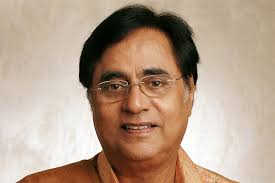Types of Criticism
* Moral Criticism, Dramatic Construction (~360 BC-present)
* Formalism, New Criticism, Neo-Aristotelian Criticism (1930s-present)
* Psychoanalytic Criticism, Jungian Criticism(1930s-present)
* Marxist Criticism (1930s-present)
* Reader-Response Criticism (1960s-present)
* Structuralism/Semiotics (1920s-present)
* Post-Structuralism/Deconstruction (1966-present)
* New Historicism/Cultural Studies (1980s-present)
* Post-Colonial Criticism (1990s-present)
* Feminist Criticism (1960s-present)
* Gender/Queer Studies (1970s-present)
Sociological criticism: Like historical criticism, sociological criticism examines literature in the cultural, economic, and political context in which it is written or received. This type of criticism may analyze the social content of a literary work—the cultural, economic, or political values a particular text implicitly or explicitly expresses.
Reader-response criticism: This type of criticism attempts to describe what happens in the reader’s mind while interpreting a text. A reader-response critic might also explore the impact of a particular text on his or her own ideas or values. For example, one might reflect on how a particular character seems admirable or unlikable and why. One might reflect on how one’s religious, culture, or social values affect readings. It also overlaps with gender criticism in exploring how men and women may read the same text with different assumptions.
Gender criticism: This type of criticism examines how sexual identity influences the creation and reception of literary works. Gender studies originated during the feminist movement, when critics began investigating the unexamined assumptions around gender in a piece of literature. Feminist critics explored how an author’s gender might—consciously or unconsciously—affect his or her writing. These critics may also explore how images of men or women in literature might reflect or reject the social norms around gender in a particular society.
Mythological criticism: Mythological critics explore the universal patterns underlying a literary work. This type of criticism draws on the insights of anthropology, history, psychology, and comparative religion to explore how a text uses myths and symbols drawn from different cultures and epochs. A central concept in mythological criticism is the archetype, a symbol, character, situation, or image that evokes a deep universal response. For example, critic Joseph Campbell, in his books like The Hero with a Thousand Faces, demonstrates how similar mythic characters and situations, like the hero’s journey, appear in virtually every culture.
Biographical criticism: Biographical critics explore how understanding an author’s life can help readers more thoroughly comprehend the literary work. Note: biographical critics are not concerned with simply describing the author’s life but instead with interpreting the literary work using the insights provided by knowledge of the author’s life.
New Historicism: New historicist critics look at the impact of the politics, ideologies, and social customs of the author’s world on the themes, images, and characterizations of a text. This type of critic considers the historical events or conditions during which the work was written.
Psychoanalytic criticism: This type of criticism views the themes, conflicts, and characterizations of a work primarily as a reflection of the needs, emotions, states of mind, or subconscious desires of the author.
Formalist criticism: Formalist critics look closely at the work itself, analyzing the various elements of the work as a way of explicating or interpreting a text.




One Comment
Satyandra yadav
Sir, your attempt will help so many of your students, I am very grateful to you. 🙏
🙏